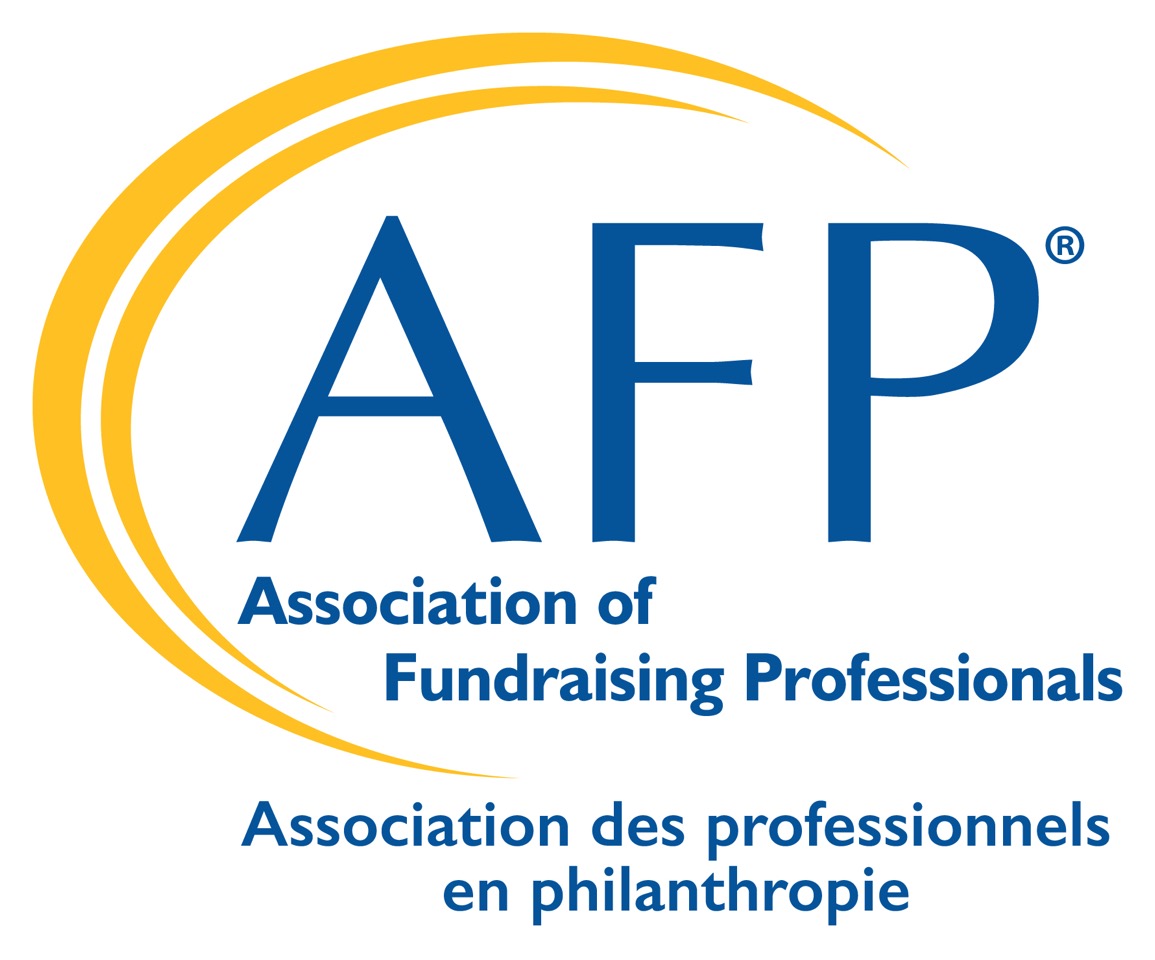Report on Reports: Diversity, Equity & Inclusion in Canadian Philanthropy by Philanthropic Foundations Canada
Organizations throughout the charitable sector, large and small, are looking at ways to understand the diversity of our country and how best they can reflect that diversity.
Philanthropic Foundations Canada (PFC), a membership organization made up of private and public foundations, is no exception. But in terms of the financial heft its members represent, it is in a league all its own. In 2015, PFC reports the 138 members of PFC collectively managed close to $23 billion in assets, made over $493 million in grants and disbursed over $401 million on foundation-managed charitable activities. PFC members range in size from having $1 million in assets to more than $1 billion.
After holding a conference in 2017, where PFC explored how to best listen to their community partners, and during which they “held a lively discussion on the topic of more inclusive governance and more approaches to listening to diverse voices,” PFC decided to launch a more formal project. The result is a report, Diversity, Equity and Inclusion in Canadian Philanthropy, published in early 2019, a benchmark survey of PFC members’ profiles, policies and practices around diversity.
“Many foundations are driven by the awareness that truly effective grantmaking, especially on complex social issues, cannot be done in isolation,” says Ines Chaalala, manager, learning and knowledge mobilization at PFC.
“Approaches such as participatory grantmaking, ‘listening for good’ and inclusive governance are drawing attention. The philanthropy world in the U.S. and in other countries is becoming more aware of the general demand in society for more inclusion and for a breaking down of barriers between funders and their community partners.”
PFC used “Diversity, Equity and Inclusion (DEI)” as its paradigm, summing up the concepts as “diversity is a number, equity is an outcome and inclusion is a behaviour.” It commissioned Hanifa Kassam, former Board Chair of the Laidlaw Foundation to work with PFC on the project.
The survey portion of the report was designed to determine the level of diversity represented in the volunteers and staff in the PFC membership. All 138 members were surveyed, and one third of them replied. Eighty-one percent of respondents had more than five directors. Participating foundations reported that:
- The diversity that exists among members comes from age (51%), gender (49%) and mission-related lived experience (35%).
- People who identify as LGBTQ2S, immigrants, refugees, Indigenous persons, or members of a religious group were not frequently identified as contributing to board diversity.
- No respondents indicated having representation from people with disabilities on their boards.
- Boards typically make granting decisions with staff input and sometimes with the help of granting committees drawn from the community.
- Recruitment to the board is often informal, through personal and family networks.
- Formal DEI policies are not widely used.
“There has been strong interest from our members,” says Chaalala. “Once the report was distributed, PFC held well-attended member discussions in two cities, Toronto and Montreal, where members shared several immediate and practical approaches to more inclusive grantmaking and to engaging community voices in decision-making.”
PFC is currently working on developing a toolkit for board members on DEI policies and practices. The toolkit will be followed by a number of consultations and workshops with members to delve deeper into the issue and provide peer-to-peer learning platforms.
“Canadian foundations are taking a serious look at their own diversity and are interested in trying to find ways of including different views and voices,” adds Chaalala, “even in family philanthropy where boards do not typically tend to be diverse beyond the family.”
To download a full copy of PFC’s Diversity, Equity & Inclusion in Canadian Philanthropy Report, click here.





